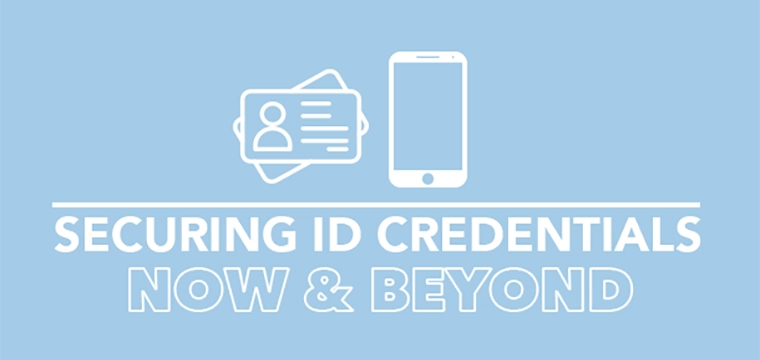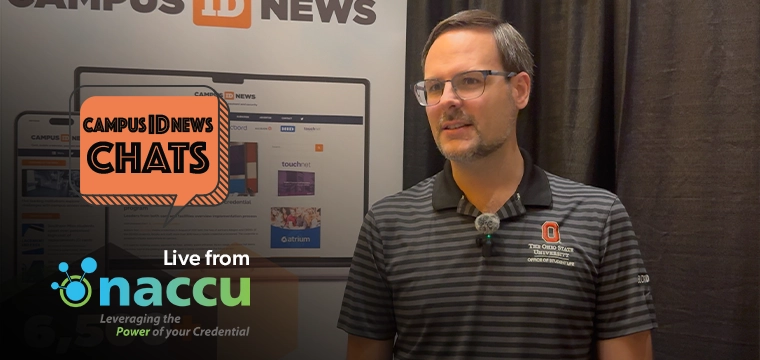
By Jude Kiah, Assistant Vice President of Auxiliary Services, Xavier University
The United States has entered a challenging period in the history of its workforce. For the first time, there are four generations in the workplace simultaneously. And the newest generation, the Millennials, have entered the workplace with a far different view of work than their predecessors.
There are more than 75 million of them, more than the Baby Boomers they are replacing and far more than Generation X – and Millennials are proving to be a managerial challenge unlike previous generations. Even as employers are spending increasing money and time recruiting and training them, Millennials are leaving jobs earlier and with much greater frequency. This is true across fields, and auxiliary services and card offices are no exception.
[pullquote]Even as employers are spending increasing money and time recruiting and training them, Millennials are leaving jobs earlier and with much greater frequency. This is true across fields, and auxiliary services and card offices are no exception.[/pullquote]
Even though “organizational commitment” continues to be a reliable predictor of an employee’s turnover intention, the definition of what commits an employee to a job is changing. Millennials desire more intense coaching, flexibility and quicker advancement than previous generations. Employers have a keen interest in understanding what connects Millennials to the workplace and what, if anything can reduce these higher rates of turnover.
Recently, I finished a qualitative study of Millennials to find out, from them, how their work values have shifted, what they desire in an employer and what causes them to leave with greater frequency than previous generations. I believe the results can help attract and retain new professionals to auxiliary services.
In the study, five major themes emerged highlighting Millennial values. Topping the list, achieving work-life balance evoked the most passionate responses. The theme was visceral to every participant. Regardless of the structure of their workday, all participants expressed a desire for flexibility in the job itself or that the job afforded enough flexibility outside of work.
Compensation in many forms was cited a reason to take a job, leave one or pine for a new employer, but how Millennials define compensation varies. Many of them were ardent about benefits, including health insurance, retirement accounts and flex time. They seek to rise in their profession for the appropriation of influence or added flexibility. In addition to income, all mentioned a singular focus: to pursue happiness.
Autonomy was another common goal. Not all want to be a CEO or have a corner office, but all did want the power to make decisions in their sphere. Conversely, they didn’t want their supervisors to micro-manage their decisions.
Poor management tops the list of reasons they leave employers. The definition of poor management varied, but once they deemed a supervisor to be incompetent, they report actively looking for a job nearly immediately.
Poor management was seen as a deal breaker and many report deciding almost immediately, regardless of financial sacrifice, that they could not continue to work for a boss that had values misaligned with their own. In many cases, they said supervisors had no idea they were unhappy until their resignation letter was on the desk. Whether the managers were cavalier is debatable, but it is clear that they didn’t have a grasp of what their subordinates were thinking, feeling or planning.
Millennials see the workplace differently and don’t feel that the unwritten rules apply to them. They don’t subscribe to the concept of “paying dues” feel strongly that their age should not serve as a barrier to their ideas being given credibility.
For employers, much of the last decade has been spent defining the differences between Millennials and previous generations. But as the study shows, concentrating on the differences of Millennials does not solve the turnover problem. This requires a different approach to leadership.
To be successful in reducing turnover, employers will need to spend less effort expressing disdain and confusion at what they perceive to be work values that are antithetical to their own. Instead they should make more of an effort understanding Millennials’ definitions of work values. This will have to happen to recruit and retain Millennials as the quest to find those that have work values similar to their own may prove futile.
Above all else, work-life balance will clearly need to be redefined to retain Millennials. There has been an increasing propensity in the workplace to work harder, have less personal time, and to do more with less, but Millennials are refusing to subscribe to the prior-generation’s theory of work.
Some employers see the increased need for balance among Millennials as a decrease in loyalty or work ethic. This view places work above personal life, and not alongside it as Millennials strongly assert it should be. There are many ways – flextime, telecommuting, job sharing, flexible work days, etc. – by which that balance can be struck, and where Millennials work ethic can be retained and even increased.




